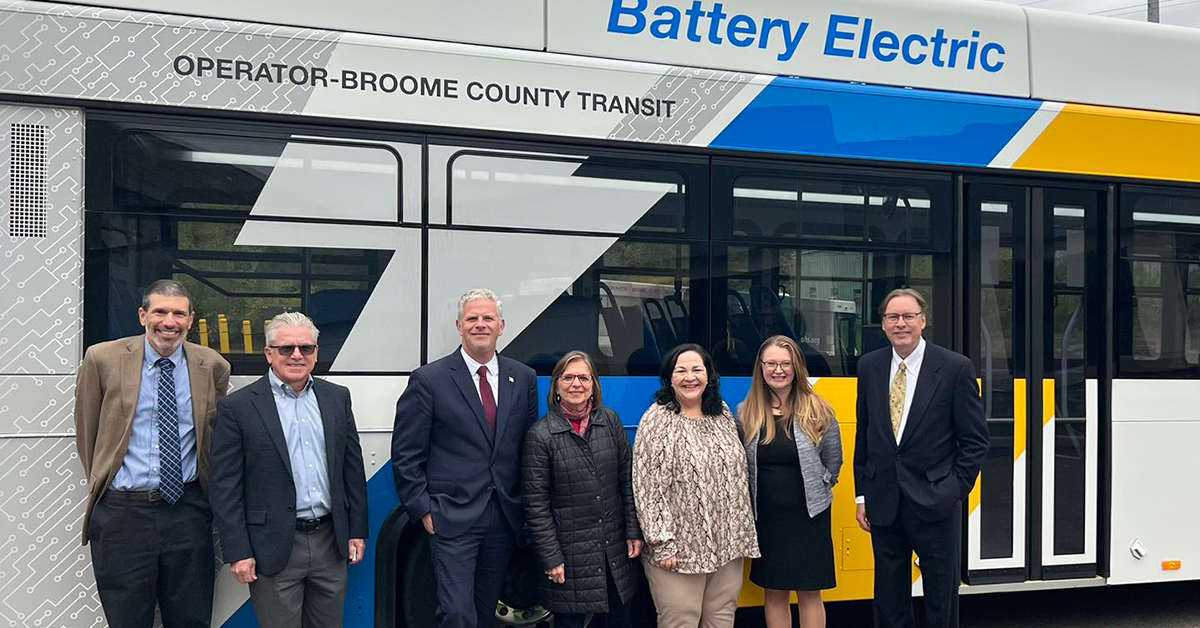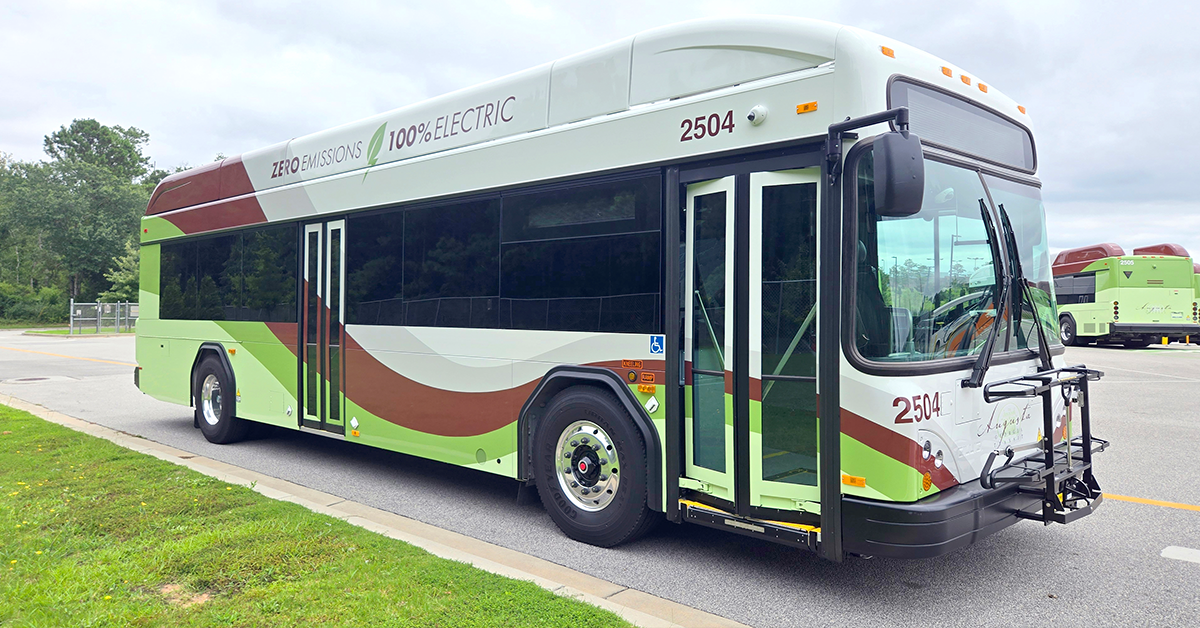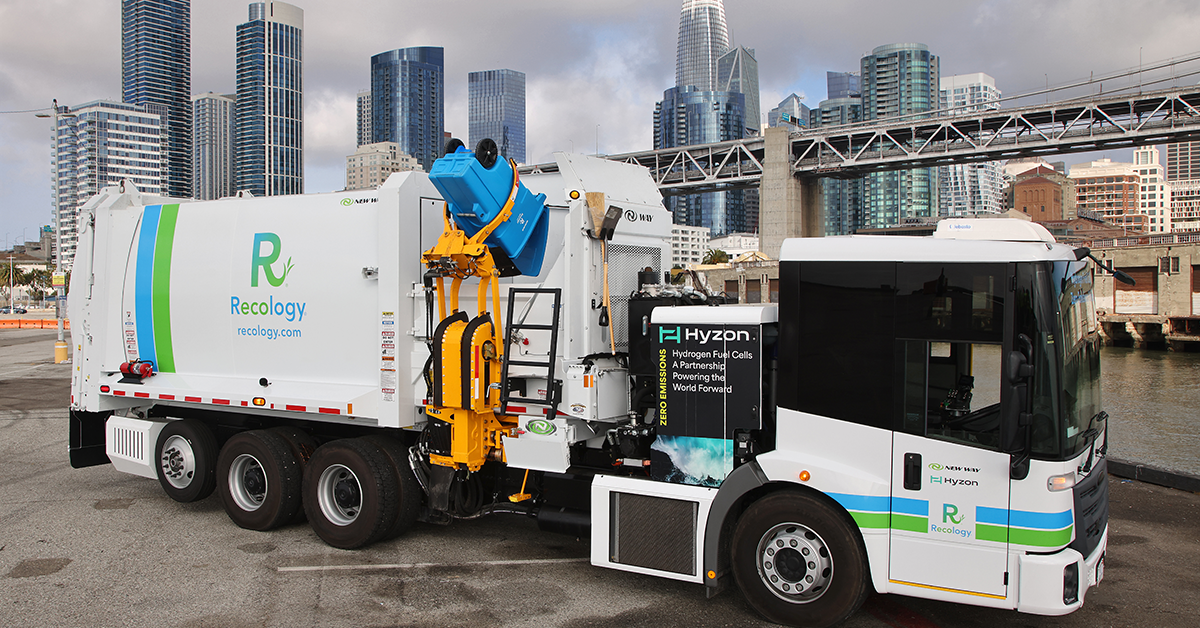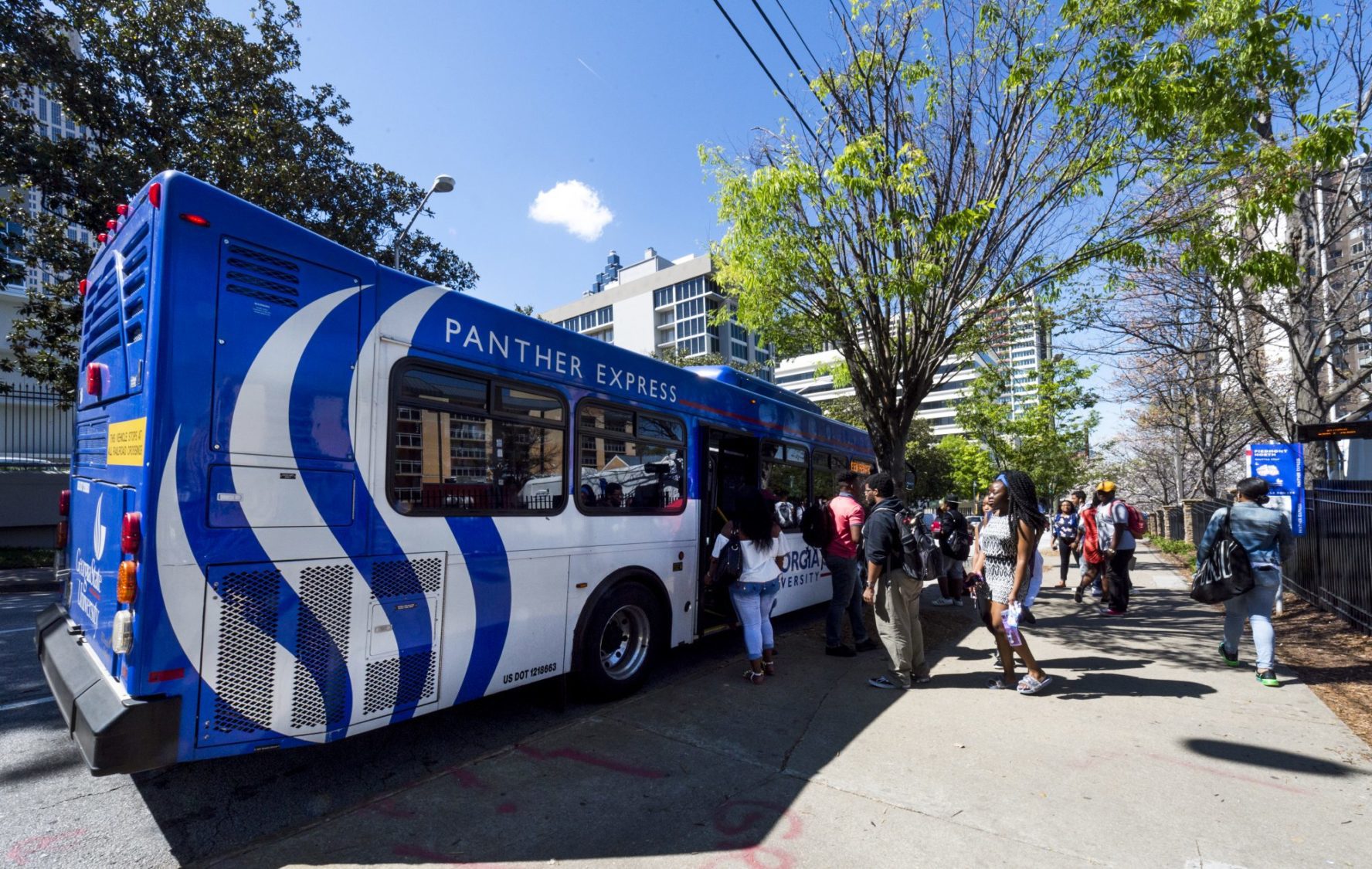Expanding the US Clean Bus Industry: CTE Kicks Off Five Low-No Projects

Atlanta, GA - February 3, 2017 - US public transit agencies will put more than 600 zero emission buses (ZEBs) into service by 2018. These battery and fuel cell electric buses are commercially viable alternatives to diesel and CNG buses, yet they don't produce any of the emissions that pose health risks in our communities.The Federal Transit Administration (FTA) has spurred the US ZEB market through its Low-No Emission Bus Program (Low-No) that awarded $55 million in 2016 for the deployment of clean transit buses. As part of the FY16 Low-No Program, CTE and its partners developed winning proposals that will result in the deployment of more than 47 zero emission buses across the country. CTE has kicked-off five of its FY16 Low-No projects:
- Delaware Transit Corporation, DE - Six Proterra battery electric buses
- Santa Cruz Metropolitan Transit District, CA - Three BYD battery electric buses
- County Connection, CA - Four Gillig battery electric buses
- Clemson Area Transit, SC - Ten battery electric buses (Manufacturer TBD)
- Shreveport, LA - Five Proterra battery electric buses
For each of these Low-No projects, CTE is providing the transit operators with Smart Deployment decision support tools and services designed to minimize risk and ensure the most effective ZEB deployment.Delaware Transit Corporation (DTC) and CTE are partnering to deploy six 35' Proterra Catalyst buses in the Dover state capital area. DTC will charge the buses' batteries overnight at the depot as well as during the day with range extending conductive chargers placed at their transit center. The bus manufacturer, Proterra, is a homegrown American clean bus company founded in 2004 with manufacturing facilities in South Carolina and California.CTE will be helping two of these transit partners introduce inductive charging technology with the deployment of their battery electric buses. Inductive charge technology allows buses to charge wirelessly via in-ground chargers on the service route. With CTE's assistance, Santa Cruz Metropolitan Transit District is analyzing routes and operational profiles to deploy three battery-powered over-the-road BYD coaches. County Connection, just east of San Francisco, will introduce four battery electric buses from Gillig, a 125-year old American family owned business. This deployment will build upon County Connections' current fleet of four battery electric trolleys, which were Gillig's first production electric buses introduced fall 2016. Santa Cruz will deploy an inductive charger from Momentum Dynamics, a Pennsylvania company and County Connection will utilize inductive technology from WAVE, a Utah company.
CTE is also working with Clemson Area Transit (CATbus) to deploy ten battery electric buses to serve Clemson University. As a result of this project, Clemson will become the nation's first university with a 100% zero-emission fleet. CTE will assist CATbus develop and evaluate a Request for Proposal to select the bus provider. CATbus already operates six Proterra battery-powered buses in the city of Seneca, SC. The Clemson area project will leverage the successful deployment of this zero emission bus fleet in Seneca to replace aging diesel buses.The City of Shreveport, LA contracted with CTE to provide technical consulting services for their planned deployment of five Proterra 40' Catalyst buses. CTE will collect and analyze critical decision-making data to ensure the buses are deployed most efficiently. The services include route modeling and analysis, vehicle and equipment specifications, rate modeling and life cycle cost analysis, and collection and analysis of deployment and operational metrics.CTE has worked with more than 30 transit agencies on efforts to obtain FTA funding and deploy over 140 zero emission buses. These efforts include an additional eleven Low-No projects that are either underway or in contracting phases. The purpose of the Low-No Program is to deploy the cleanest and most energy efficient US-made transit buses and related infrastructure. The Low-No program is the primary federal support program for expanding the US zero emission bus industry and is currently supporting 33 fuel cell and battery electric bus projects in 17 states.





